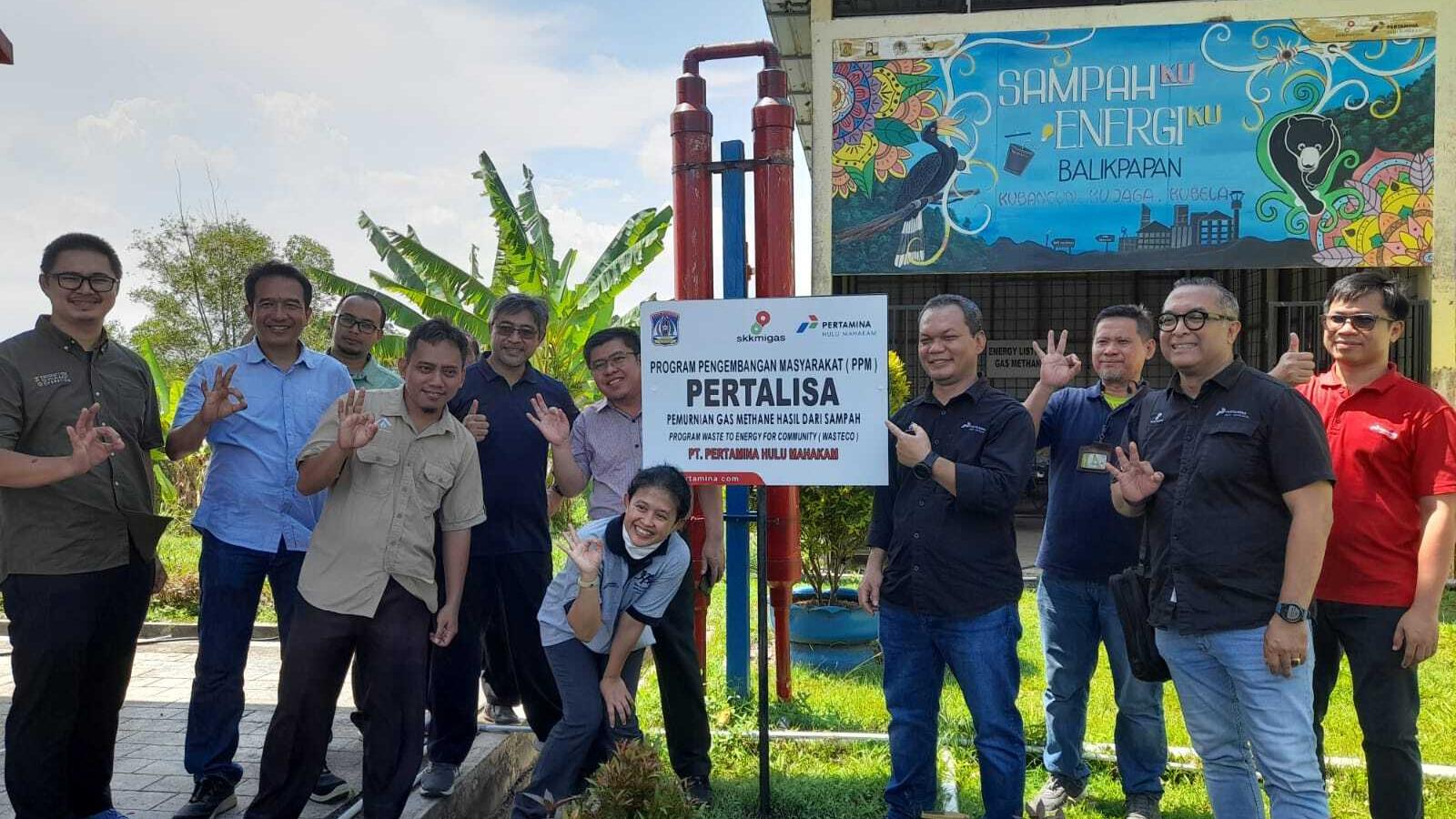City Spotlight
Building Indonesia’s Approach to Waste Management in Balikpapan
As waste management poses a challenge across Indonesia, this city is showing how a community-based circular economy approach can address the crisis.
In Indonesia, waste management is a complex and growing challenge. The country both generates and imports a vast quantity of waste. Major Indonesian cities produce around 8 million tons of waste per day, and Indonesia, collectively, is responsible for the third most waste-related greenhouse gas emissions in the world.
But Balikpapan, a port city on the island of Borneo in the East Kalimantan province, is proving that a way through this crisis is possible. Since 2002, the city has been investing heavily in waste management infrastructure as part of its overall vision to become a livable city for all by 2045 by balancing social, economic, and environmental development. Effective waste management, along with clean energy, sustainable transportation and preserving urban biodiversity are central to Balikpapan’s strategy.
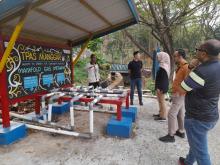
Core to Balikpapan’s success in the waste management sector is a comprehensive and integrated approach. In 2002, the city completed work on the Manggar Final Waste Processing Site (TPAS), which spans 27.1 hectares and contains both a sanitary landfill site and a waste treatment system. At Manggar, a methane processing system called Wasteco (Waste to Energy for Community) also converts waste into fuel for local households and businesses, reducing greenhouse gas emissions by 100,651.70 tons of CO2eg/year.
Landfills are typically places to avoid, but in developing Manggar, Balikpapan pursued a different vision. The city has worked steadily to ensure the site is safe and non-toxic, and has added a range of amenities to attract visitors, including a zip line, children’s playground, sauna, cafe, picnicking facilities and a small gallery where art objects made from recycled materials are exhibited. The intent? To provide a functional public space where residents can gather to learn about the importance of recycling, reuse and waste management.
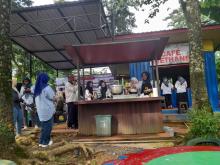
But establishing an interactive waste processing site is only one component of a successful strategy. Balikpapan has worked to implement a tiered system to its waste management approach. At the household and business level, residents and managers collect and sort their waste in dedicated bins. At the district level, collection services adhere to a strict schedule for gathering and transporting the waste to Manggar.
Given that Balikpapan, a city of over 730,000 people, generates around 590 tons of waste per day, the city set an ambitious goal in 2023 to reduce overall waste generation by 27% and ensure that 73% of waste produces is managed. In practice, the city, through its comprehensive and collective effort, reduced waste volume by 23% and managed 71% of its waste that year. By 2045, the city is aiming for a 40% waste reduction rate, and to successfully manage the rest of its waste.
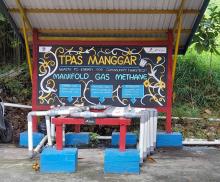
While many Indonesian cities do not have comprehensive waste management systems, Balikpapan has set itself apart. "I have reviewed the Manggar landfill in Balikpapan twice, and I can say it has one of the best waste management systems in the country — it’s suitable to be used as a pilot," said Environment Minister Hanif Faisol Nurofiq. UrbanShift has elevated Balikpapan’s approach as a learning opportunity for peer cities during the Jakarta City Academy in 2024 to inspire other cities to follow Balikpapan’s lead. Especially as Indonesia prepares to shift its capital city to Nusantara in East Kalimantan province, Balikpapan is positioned to play a critical role in supporting sustainable waste management and development in this new hub for Indonesia.
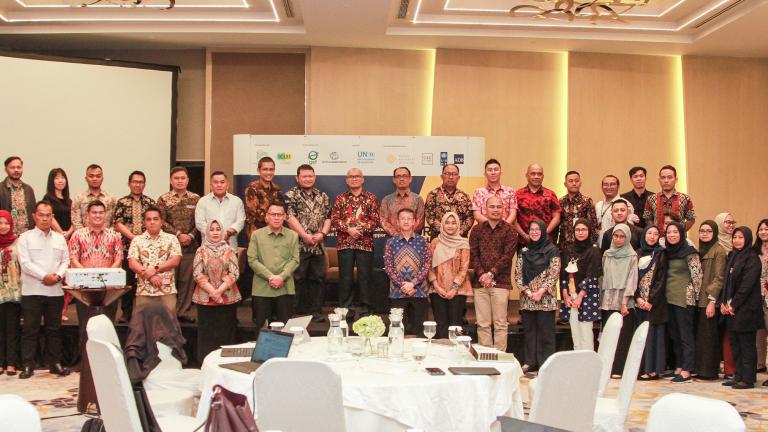
Cities: Indonesia’s Biggest Climate Problem – and Its Best Solution
This event brought together government agencies, local city representatives, and international development organizations to discuss how Indonesia can meet its ambitious NDCs and align with its 2030 SDGs.
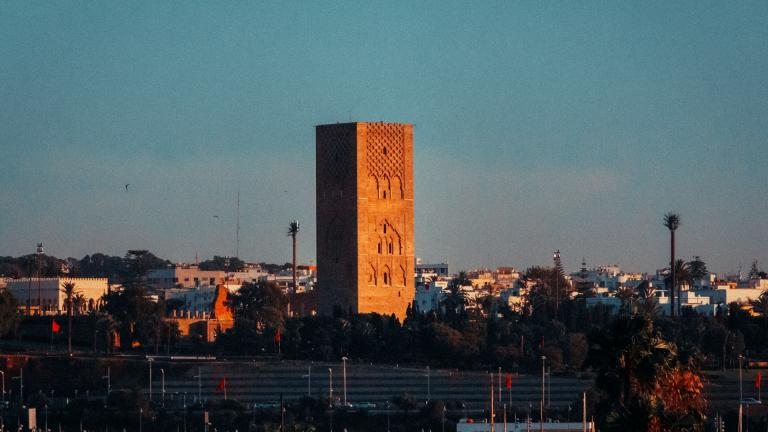
Second National-Local Dialogue for Morocco: From Vision to Local Action, Advancing the Circular Economy
Building on the first National-Local Dialogue, this convening offered an opportunity to deepen discussions around localizing circular economy principles across the country.
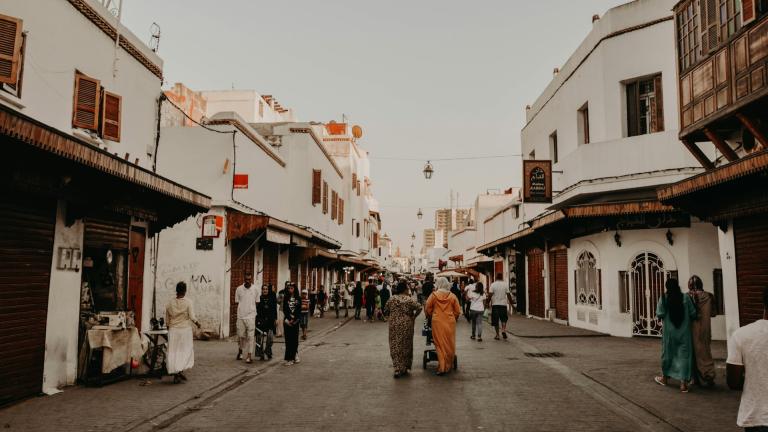
First National-Local Dialogue for Morocco
To accelerate the circular economy transition in Morocco, UrbanShift and ICLEI will gather representatives from all of the country's regions to collaborate and discuss shared goals.
Exploring Sustainability in Shenzhen: An Exchange on City-Business Cooperation
Shenzen is a leader in nature-positive, low-carbon development. This UrbanShift Peer-to-Peer Exchange highlighted ideas for how cities across Asia can learn from their innovation.
